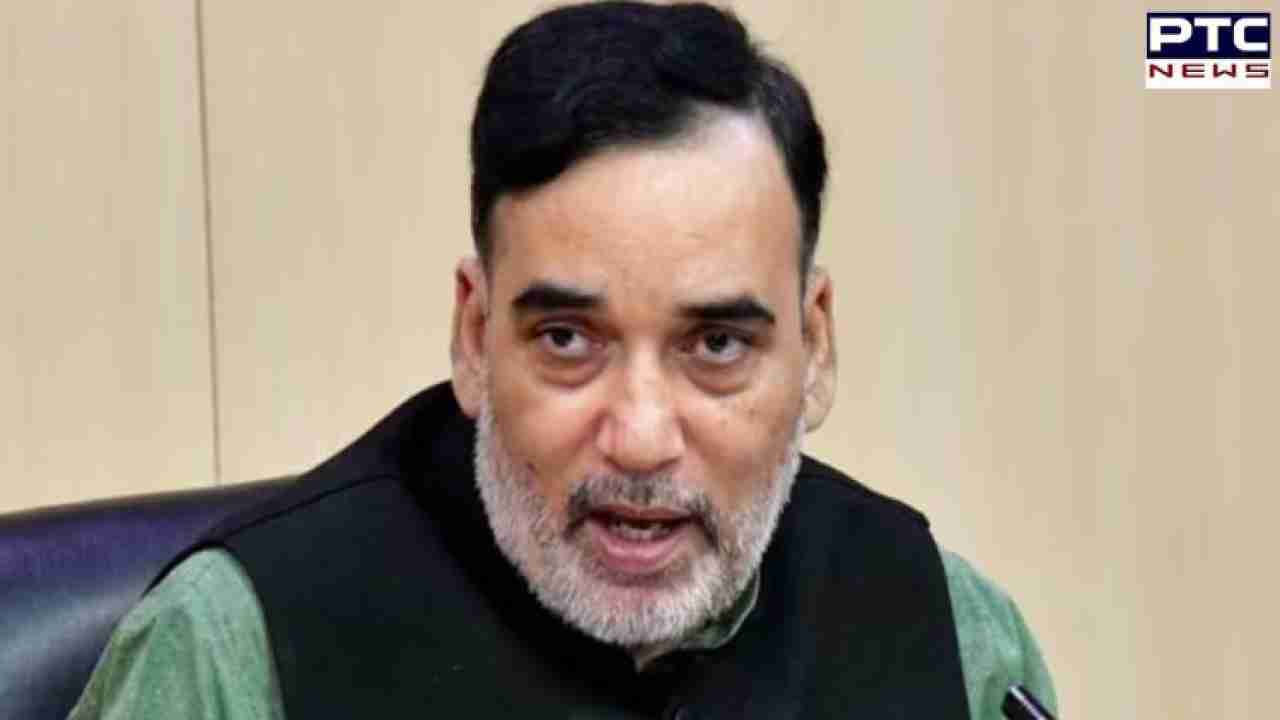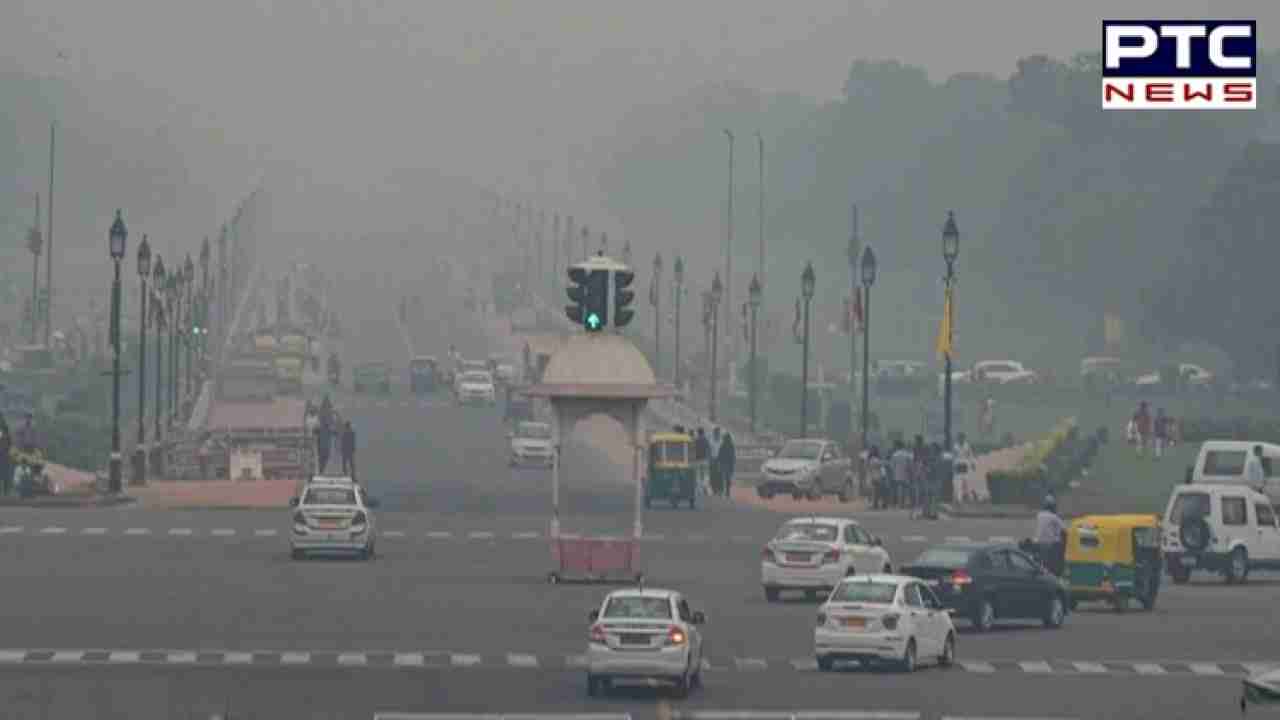

Delhi government delays implementation of odd-even rule due to improved air quality
New Delhi, November 10: New Delhi witnessed a pivotal announcement from Environment Minister Gopal Rai, stating the deferment of the odd-even traffic restriction scheme in the city. This decision emerged in the wake of the Supreme Court's deferral of authority to the ruling Aam Aadmi Party, prompted by the court's skepticism about the scheme's efficacy amid the annual and escalating air quality crisis.
Originally scheduled to be enforced right after Diwali, the odd-even scheme, aimed at regulating privately-owned car traffic based on registration numbers, has been put on hold. Minister Rai emphasised that the government will reconsider implementing the scheme post-Diwali only if there is a visible improvement in air quality. He highlighted a decrease in the Air Quality Index (AQI) from a staggering 450 to around 300 as a driving factor behind this decision, underlining the necessity to reassess the situation after the festive period.

During the Supreme Court hearing, a report showcased that the odd-even scheme could potentially reduce vehicular pollution by 13 per cent. Additionally, statistics revealed a significant decrease in daily travel distances, estimated at 37.8 lakh kilometers when the scheme is active. The government also highlighted a positive impact on the environment, indicating an average 15 per cent reduction in fuel consumption per day during the scheme's implementation.
However, the court raised concerns about the scheme's impact, noting that vehicular pollution constitutes only 17 per cent of the broader issue. It emphasized that the reported reduction in pollution due to the scheme accounted for a mere 13 per cent of that 17 per cent, prompting a critical stance. The court relinquished decision-making power, stating that it cannot solely attribute pollution control to judicial orders.
Of significance is the scope of the odd-even rules, which exclusively applies to private four-wheelers, while exempting two-wheelers and taxis, considering the existence of over 8.2 million registered private four-wheelers in Delhi as of 2021.
The day in Delhi commenced with a temporary improvement in air quality following overnight rain, diminishing the Air Quality Index from nearly 500 to 407 by 7 am. However, the Supreme Court explicitly dissociated this change from governmental efforts, attributing it to natural occurrences. Justice SK Kaul stressed the urgency in addressing farm fires, hinting at a necessity for proactive measures beyond relying on natural interventions.
At the conclusion of the hearing, the court firmly urged the concerned governments to address the persisting issue. Expressing dismay at the annual recurrence of the crisis, Justice Kaul emphasised the need for proactive strategies to mitigate pollution, stating, "Ultimately, little carrot, little stick. Do what you have to do, but get levels down."
The city grapples with a week-long pollution crisis, witnessing PM2.5 levels soaring to alarmingly high rates, nearly 100 times beyond the World Health Organization's recommended safe limits. Until Thursday, Delhi held the unenviable title of the world's most polluted city, prompting a call for urgent and decisive action.
- With inputs from agencies
